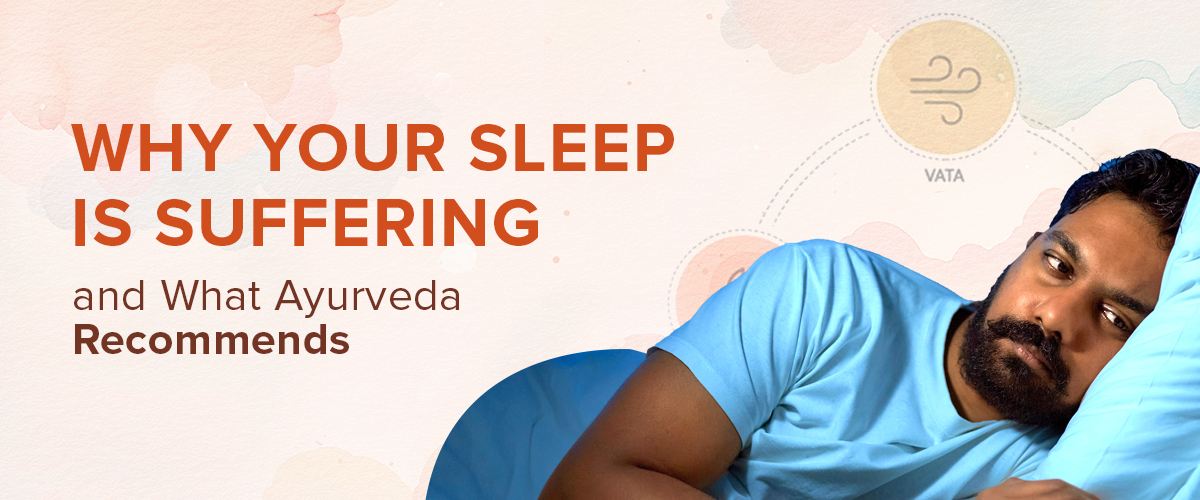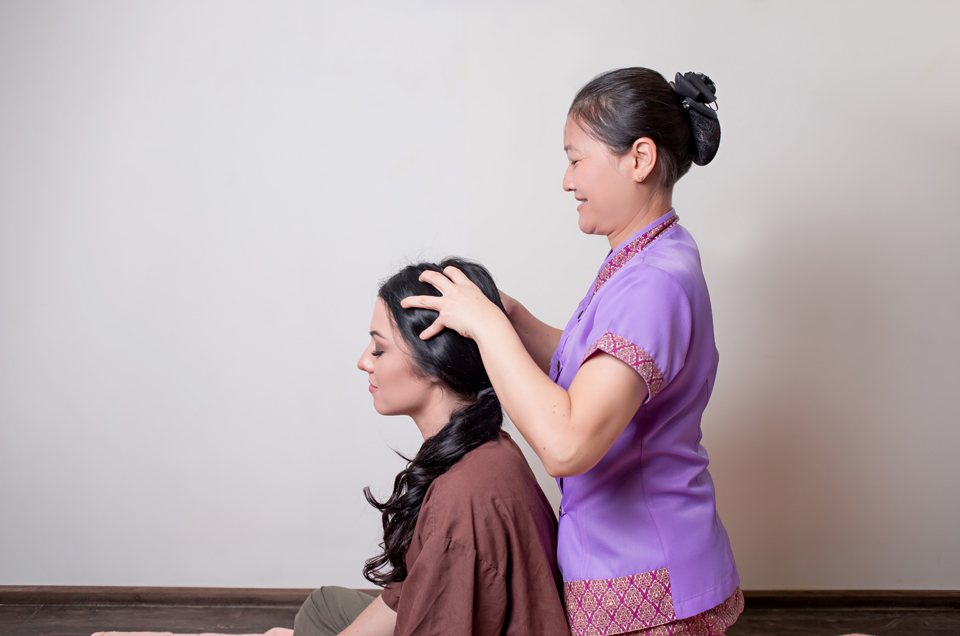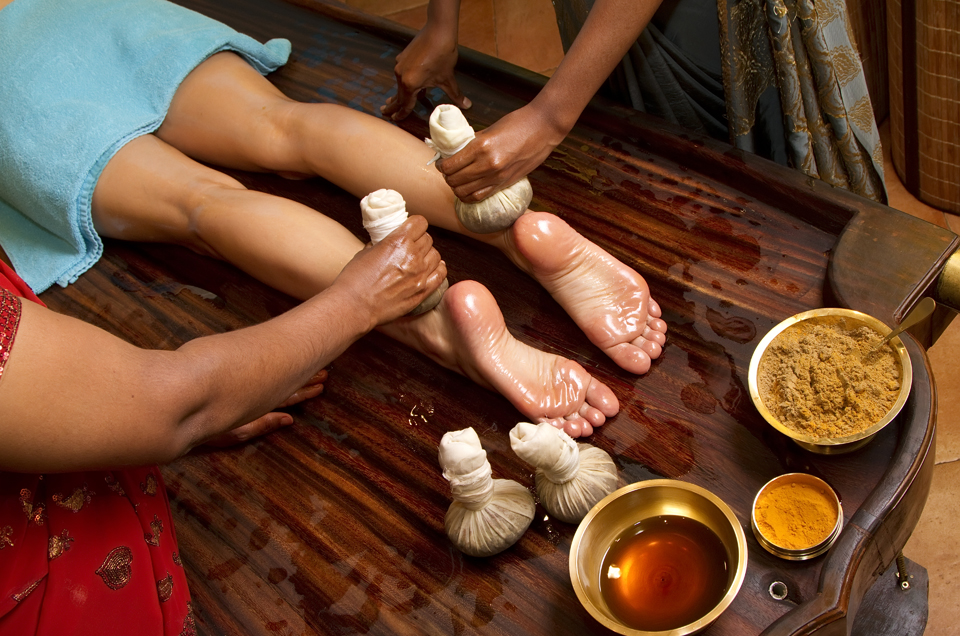According to a study published by the National Medical Journal of India, nearly 33% of adults report symptoms of insomnia. As per Ayurveda, sleep, or Nidra, is one of the three most important things for good health, along with food (Aahara) and conscious living (Brahmacharya). Good sleep is important for digestion, immunity, mental clarity, and emotional balance. When you don't get enough sleep, all of these things suffer.
You don't need to spend a lot of money on medications or follow complicated routines to get better sleep. Even simple changes to your daily habits, food choices, and use of calming herbs can really help. In this article, we will help you understand why you might not be sleeping well and how Ayurveda can help you get yourself back on track.
Why Are You Struggling to Sleep Well Every Night?
There are many reasons why sleep problems have become so common today, especially with our modern lifestyle.
Some common reasons why you might not be able to sleep are:
Too much stress and overthinking: When you're always worried about work, money, or your personal life, it can be hard for your mind to shut down at night.
Screen time before bed: Before bed, using your phone, TV, or laptop can disturb your hormones that help you sleep. The blue light from these gadgets makes your brain think it's still daytime.
Late-night meals: Eating dinner very late or eating heavy, spicy food at night makes it hard for your body to digest. This can throw off your sleep schedule.
Caffeine and other stimulants: Drinking tea, coffee, energy drinks, or even chocolate at night can keep your nervous system awake and active, which makes it harder to relax.
Not having a routine: Your body's internal clock gets disturbed when you go to bed and wake up at different times every day.
What Ayurveda says
Ayurveda says that an imbalance in Vata and Pitta doshas is what mostly keeps you from sleeping well:
- If your Vata is high, your mind stays too busy, which makes it hard to sleep.
- If your Pitta is high, you might fall asleep quickly but wake up a lot or too early.
Ayurveda says that you can naturally get your sleep back by calming these doshas with appropriate food, herbs, and changes to your lifestyle.
What Does Ayurveda Say About the Importance of Sleep?
Ayurveda places Nidra (sleep) alongside Aahara (food) and Brahmacharya (balanced living) as the three main pillars of good health. Even if you eat well and live a healthy life, you won't be able to keep your body and mind working well if you don't get enough sleep.
Ayurveda says sleep is important for these reasons:
Helps you think straight: A mind that is well-rested helps you think more clearly and make better choices.
Makes your immune system stronger: Your immune system heals itself while you sleep. Your body has a harder time fighting off sickness when you don't get enough sleep.
Better digestion: Getting enough sleep helps your digestive system work better.
Keeps emotions stable: Sleep helps keep your emotions stable by lowering mood swings, anxiety, and irritability.
Improves memory: While you sleep, your brain stores memories and processes learning.
Promotes fertility and hormonal balance: Deep sleep helps both men and women have healthy hormones, which can help with fertility.
All of these systems get out of balance when you don't get enough sleep. Ayurveda says that feeling tired, mentally foggy, and emotionally unwell is a clear sign that something is wrong inside and needs to be fixed.
How Does Ayurveda Explain Your Sleep Problems?
Ayurveda explains that each person’s sleep patterns are affected by their unique dosha constitution, i.e., Vata, Pitta, or Kapha. When these doshas go out of balance, your sleep suffers in different ways.
Types of sleep issues based on dosha imbalance:
Vata Imbalance (Air & Space elements)
- Mind is too active or restless
- You lie awake thinking too much
- You feel anxious or nervous
- You may wake up suddenly with a dry mouth or cold feet
Pitta Imbalance (Fire element)
- You fall asleep fast but wake up again and again
- You feel hot, irritable, or emotionally disturbed
- You may wake up between 2–4 a.m. and find it hard to fall back asleep
Kapha Imbalance (Earth & Water elements)
- You may oversleep or feel sleepy all day
- You feel heavy, sluggish, or unmotivated
- Even after 8–9 hours of sleep, you still feel tired
What about your body clock?
Ayurveda talks about the importance of your body’s natural circadian rhythm, which aligns with nature’s clock:
- Sleeping between 10 p.m. and 5 or 6 a.m. is ideal
- Sleeping too late disrupts hormone function, digestion, and mental clarity
- Waking up after sunrise makes you feel dull and heavy, especially if your Kapha is already high
What Are the Best Ayurvedic Herbs for Better Sleep?
Ayurveda has a number of herbs that have been used for a long time to naturally calm your mind, relax your body, and help you sleep better without making you dependent on them.
The best Ayurvedic herbs for a good night's sleep are:
Ashwagandha: This herb can help you relax and relieve stress. It helps your nervous system relax and lowers your anxiety, which makes it easier for you to sleep. You can take this at night by mixing half a teaspoon of Ashwagandha powder with warm milk or water.
Brahmi: Brahmi is a powerful brain tonic that calms your nerves and helps you remember things better. It also helps if you are tired and thinking too much at night. Before bed, drink Brahmi tea or take it as a powder.
Jatamansi: Jatamansi helps you sleep deeply and without interruption. It helps you feel better and is often used to treat anxiety, depression, or heart palpitations that come from not getting enough sleep. You can take it at night in the form of a capsule or powder with warm water.
Tagar (root of valerian): This herb calms the mind and body. It makes it easier to fall asleep and makes your sleep better. It's best to use it with other herbs and that too in a limited amount.
Shankhpushpi: This herb helps with stress, anxiety, and mental restlessness by calming you down. It helps you sleep better and stay focused. You can take it with warm water or milk, especially before bed.
Vacha: Vacha helps you clear your mind and lets your brain rest better. People often use it when they can't sleep because they are overthinking. Take it with Brahmi or Amla before bed.
What Daily Ayurvedic Practices Can Help You Sleep Better?
Ayurveda says that sleep comes easily when your mind and body are calm. Here are some simple things you can do every day to relax and get better sleep.
1. Abhyanga, or oil massage
A gentle oil massage or Abhyanga, especially on your feet, can help you relax, improve your blood flow, and fall asleep faster.
What you should do:
- Heat up some sesame or Brahmi oil.
- Before bed, rub it on your feet for 5 to 10 minutes.
- Use a soft towel to wipe off the extra oil.
2. Yoga and breathing (pranayama) in the evening
Your body knows it's time to relax when you stretch a little and breathe slowly.
Some good poses and practices include:
- Child’s Pose (Balasana)
- Legs Up the Wall (Viparita Karani)
- Shavasana, or Corpse Pose
- Alternate nostril breathing for five minutes can also help you relax.
3. Shirodhara and Thala Pothichil (Optional therapies)
Ayurveda also has treatments for sleep problems that are more severe or long-term, such as:
Shirodhara: A stream of warm oil is poured over your forehead to relax your nervous system.
Thala Pothichil: A paste made from herbs is put on the scalp to cool it down and calm the mind.
Experienced Ayurvedic practitioners usually guide these therapies, and these are especially helpful if your sleep problem is caused by long-term stress or emotional exhaustion.
4. Follow the Ayurvedic way of good sleep hygiene
- Don't spend time on screens 1–2 hours before bed.
- Make sure your bedroom is cool, dark, and quiet.
- To help your mind relax, listen to soft music or nature sounds.
- Try drinking warm turmeric milk, Tulsi tea, or Brahmi tea.
Final Thoughts
If you're constantly tired, waking up in the middle of the night, or feeling restless despite being in bed, it’s a sign that your body needs attention. Ayurveda doesn't ask you to make huge changes overnight. It simply encourages you to listen to your body, slow down, and build small, meaningful habits that support your natural rhythm.
These small things, like drinking a warm herbal tea, putting your phone away on time, or massaging your feet before bed, can slowly help you get back on track with your sleep. You don't need chemicals or quick fixes to relax. You just need to be calm, balanced, and caring, which is the Ayurvedic way. Start small tonight and bring back your restful sleep naturally with the help of Ayurveda.
FAQs
1. Which dosha makes it hard to sleep?
Vata and Pitta imbalances are the main causes of sleep problems. Vata makes your mind race, and Pitta can make you wake up a lot and feel restless.
2. What does Ayurveda say about getting enough sleep?
According to Ayurveda, sleep is one of the three most important parts of health. Your digestion, emotions, immunity, and energy levels all start to go down when you don't get enough restful sleep.
3. How to sleep fast according to Ayurveda?
To fall asleep faster, eat early, stay away from screens at night, rub warm oil on your feet and do slow breathing exercises like alternate nostril pranayama before bed.
4. How many hours of sleep does Ayurveda say you need?
Ayurveda says that most adults should get between 6 and 8 hours of sleep each night, depending on their dosha and how active they are during the day. Kids and older people may need more.
5. What kind of food is best for sleep in Ayurveda?
Ayurveda says that at night you should eat light, warm, and calming foods like khichdi, warm milk with turmeric, and herbal teas like Brahmi or chamomile.
6. How to quickly fall asleep naturally?
Try a short bedtime routine: turn down the lights, don't eat late, take a warm bath, and breathe slowly. This helps your body and mind slow down on their own.













































